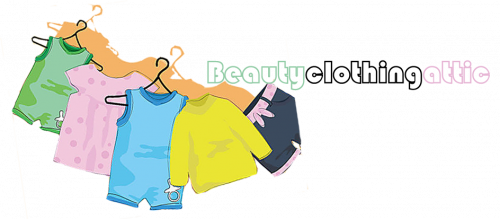
About two weeks ago, Rubana Huq, President, BGMEA, made a direct appeal to the buying community to support the Bangladesh apparel manufacturers and not cancel orders or stop payment for already shipped orders. This was soon followed by a message from Smriti Irani, the Indian Minister of Textile, to the buyers to be compassionate and support the industry in these difficult and unprecedented times. To the delight of Bangladesh, H&M came forward and promised not to cancel orders placed in the country, and soon enough, few other buyers like Inditex, M&S, Kiabi, PVH and Taget also committed to support the industry. While India still waits for such support, there is a catch – the commitments are verbal and not in writing!
On 6th April, Stefaan Vansteenkiste, CEO, Debenhams PLC, informed the company’s supplier base in a message that it intended to appoint administrators, so as to continue to trade “and create a moratorium on outstanding payments.” He further explained, “The moratorium means that outstanding payments are frozen until such time that we can agree a future payment schedule with you. However, payments to suppliers, who continue to provide goods and services during the administration, will remain unaffected and be paid to terms.” Retail experts believe that Debenhams wants to protect the business against claims from creditors including suppliers who are yet to be paid.
While the industry is still grappling with the implications of the appointment of administrators at Debenhams, which is filing for administration for the second time in a year, it has been reported that Cath Kidston, the UK-based floral fashion brand, is also set to file for administration as the coronavirus shutdown pushes high street retailers to breaking point. The latest undercurrent is that Topshop-owner Arcadia may walk away from the leases on some of its 550 shops. According to the official spokesperson for Arcadia, “No decision has been taken at this time.” In the meanwhile, Arcadia has furloughed 14,500 of its 16,000 employees since the coronavirus lockdown, and said its board members and senior leadership are taking pay cuts of between 25 and 50 per cent.
Many retailers such as Primark have opted to cancel orders with their suppliers, and are not even willing to verbally commit to support the industry. An official statement from fashion chain New Look to its suppliers said that the payment for stock already sitting in its shops or distribution centre would be delayed “indefinitely”. In fact, even those retailers promising to pay are not discussing the details, leaving the industry in a limbo.
The major reason for retailers like Primark, Peacocks, Arcadia and Next to stop taking deliveries is simply because their warehouses have no more room. Even as brick-and-mortar stores remain closed and the future is still uncertain, online stores are also looking to close down. Brands like Next and Moss Bros have been forced to close online operations because of difficulties in protecting workers picking and packing goods in warehouses from infection.
It is really sad that the same buyers who have advocated transparency, sustainability, responsible manufacturing, worker engagement and collaborative growth, are now not ready to shoulder responsibility to ensure that workers are paid. The approach is tight-lipped and most do not even wish to come to a compromise table to find the right survival solution for all. Where are the business ethics today!
The way forward for all is certainly a challenge, but a collaborative effort would help to mitigate the losses. But it seems everyone is currently more worried about saving themselves!

Leave a Reply